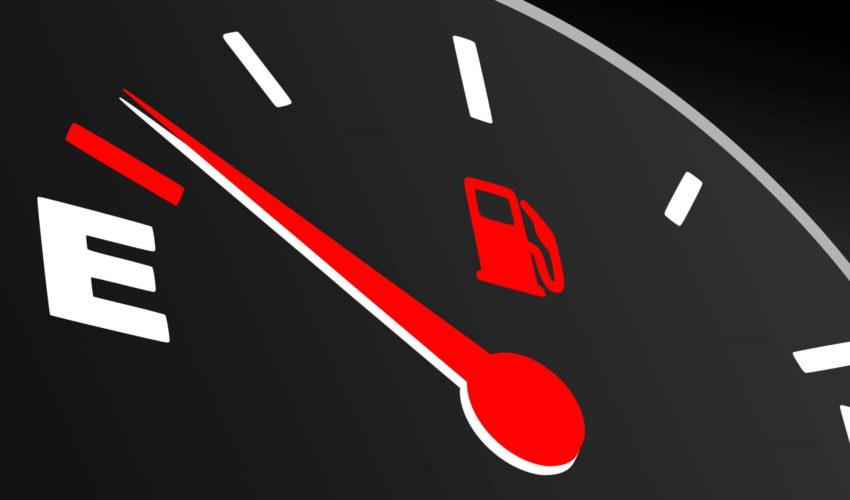SALT LAKE CITY, UTAH – Attorney General Sean D. Reyes joined a comment letter, led by the State of West Virginia, to the National Highway Traffic Safety Administration (NHTSA) on the agency’s proposed rule, “Corporate Average Fuel Economy Standards for Passenger Cars and Light Trucks for Model Years 2027-2032 and Fuel Efficiency Standards for Heavy-Duty Pickup Trucks and Vans for Model Years 2030-2035.” The States urge the agency to make substantial revisions to this fuel efficiency regulation to ensure that it conforms to the law.
According to NHTSA, the fuel standards, which were published on August 17, would “increase at a rate of 2 percent per year for passenger cars, 4 percent per year for light trucks, and 10 percent per year for heavy-duty pickup trucks and vans for MYs 2030-2035.” The American Energy Alliance wrote that “unlike previous rulemakings, the costs of Biden’s efficiency rule are now so high that regulators can no longer pretend that mandating greater fuel economy for passenger cars is a good thing for society. Increasing the costs of transporting Americans, as well as their goods and services, simply hurts them.”
The coalition of attorneys general argues that this proposed rule from NHTSA violates federal law because it “wrongly considers EV’s (electric vehicles) fuel economy” and considers hybrid vehicles in ways not permitted by statute. The States further argue that the proposed rule unlawfully preempts State efforts in this area and is arbitrary and capricious.
In addition, the States assert that the nation does not have the capability to support the era of electric vehicles that the Administration seeks to mandate. They write that “many States foresee painful energy shortages on the horizon because of increasing EV market penetration. Utilities and federal and state governments haven’t invested enough into infrastructure to avoid problems from the current pace of electrification. And not only is grid load a challenge, but distribution is, too. Because many Americans share similar rhythms in their daily life, huge numbers of EV drivers plug in their vehicles at the same time – right when they get home from work – and therefore create peak demand at the same.”
Joining Utah and West Virginia on this letter were the States of Alabama, Alaska, Arkansas, Florida, Idaho, Indiana, Iowa, Kansas, Kentucky, Louisiana, Mississippi, Missouri, Montana, Nebraska, New Hampshire, North Dakota, Ohio, Oklahoma, South Carolina, South Dakota, Tennessee, Texas, Virginia, and Wyoming.

